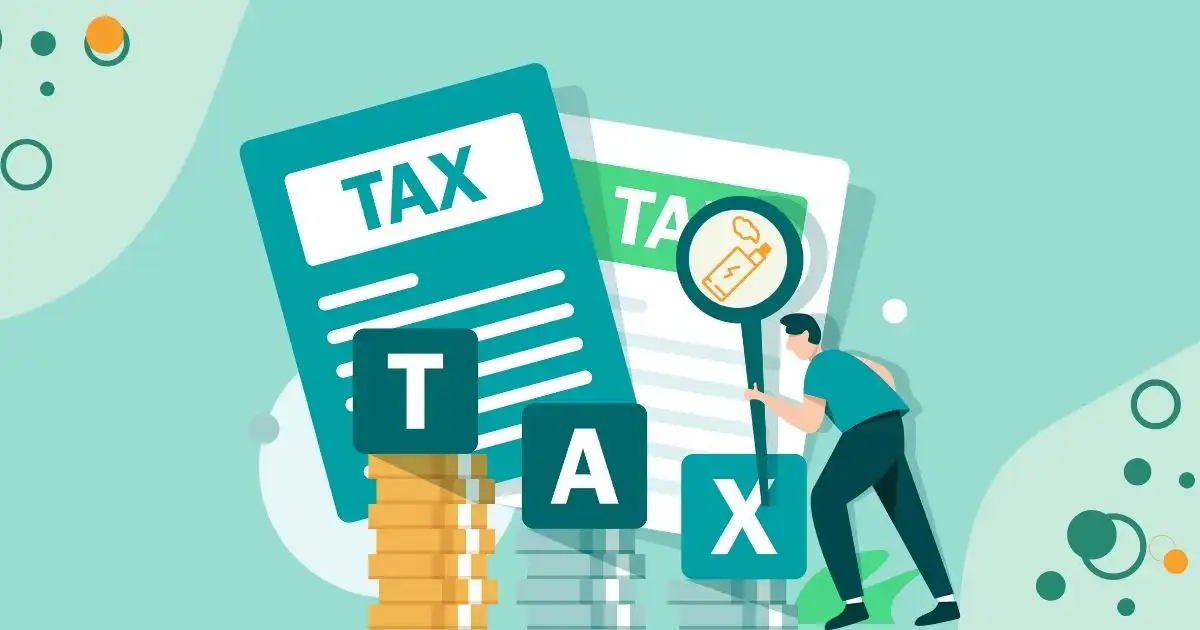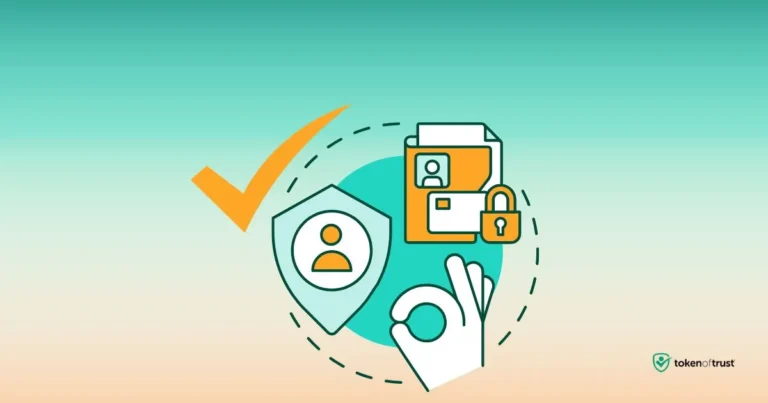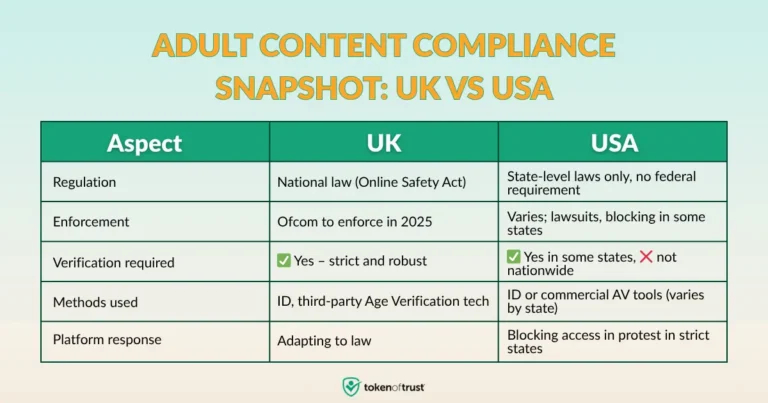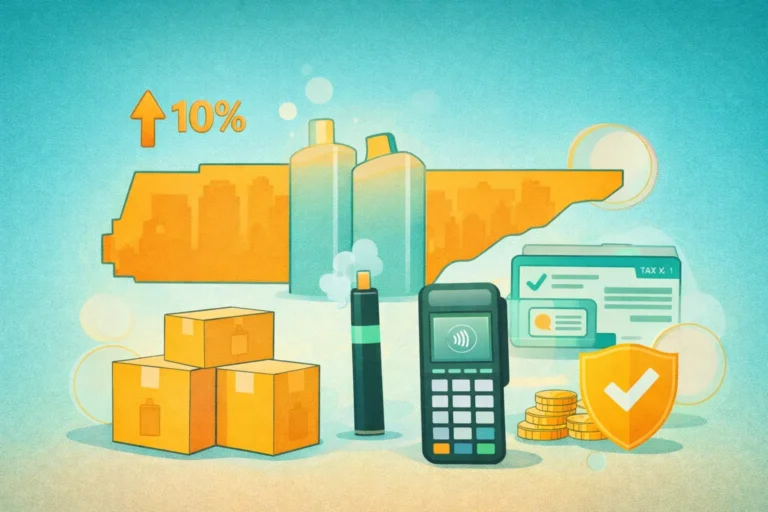How Do Vape Companies Manage Excise Taxes in 2024
Managing excise taxes has become a significant challenge for many companies, particularly in the vaping industry. These taxes can substantially impact pricing and profits, making it essential for businesses to navigate them effectively.
Learning how vape companies are successfully adapting to these changes provides valuable insights for all businesses facing similar challenges. So, how is the vaping industry adapting to these changes? Let’s find out.
What is Excise Tax?
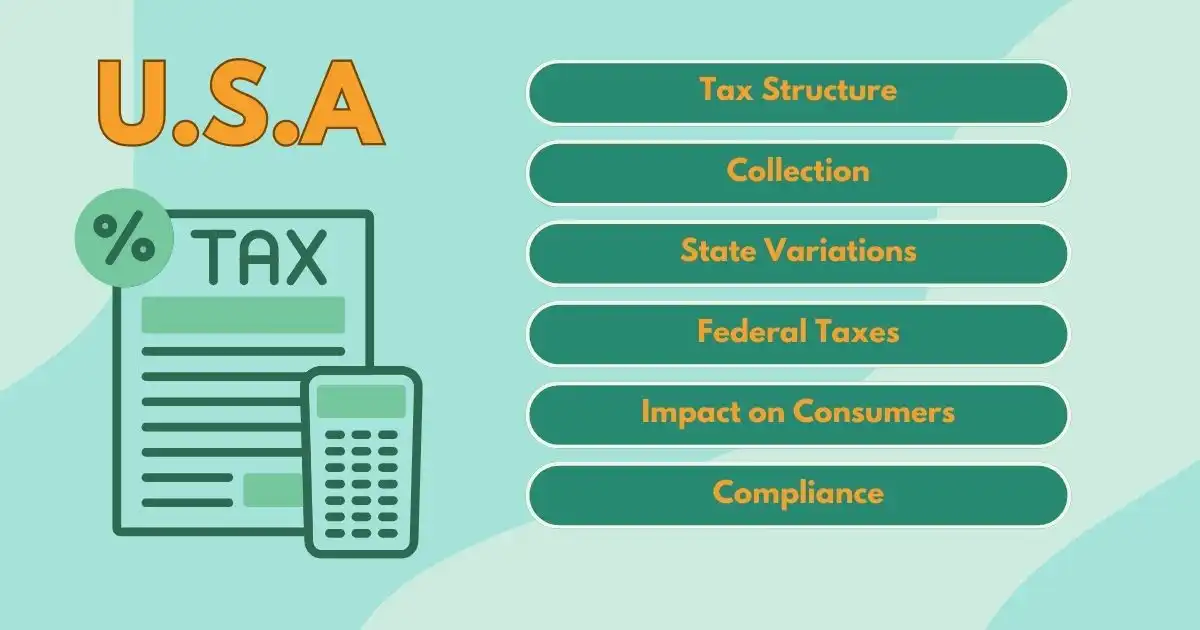
Excise taxes are specific taxes on certain goods, like alcohol, tobacco, and fuel, applied at the time of production or sale. Unlike sales taxes, which are based on a percentage of the price, excise taxes are usually a fixed amount per unit. They can help raise government revenue, discourage harmful consumption, or fund public projects.
In the USA, excise taxes on vape products vary by state and can significantly impact pricing and sales. Here’s how it generally works:
- Tax structure: Many states impose excise taxes specifically on vaping products, including e-cigarettes and vape liquids. These taxes can be based on a percentage of the retail price or a fixed amount per milliliter of liquid.
- Collection: Manufacturers or distributors are typically responsible for collecting the tax at the point of sale or when the products are sold to retailers. This means the tax is often included in the price consumers pay.
- State variations: Each state has different rates and regulations. Some states have higher taxes to discourage vaping, particularly among young people, while others may have lower rates to increase sales.
- Federal taxes: As of now, there is no federal excise tax specifically for vape products, but this could change with ongoing discussions about regulation.
- Impact on consumers: These taxes often lead to higher prices for consumers, which can affect purchasing decisions and overall market demand.
- Compliance: Vape companies must ensure compliance with state tax laws, which can involve detailed record-keeping and reporting to tax authorities.
Impact of Excise Taxes on Vape Companies
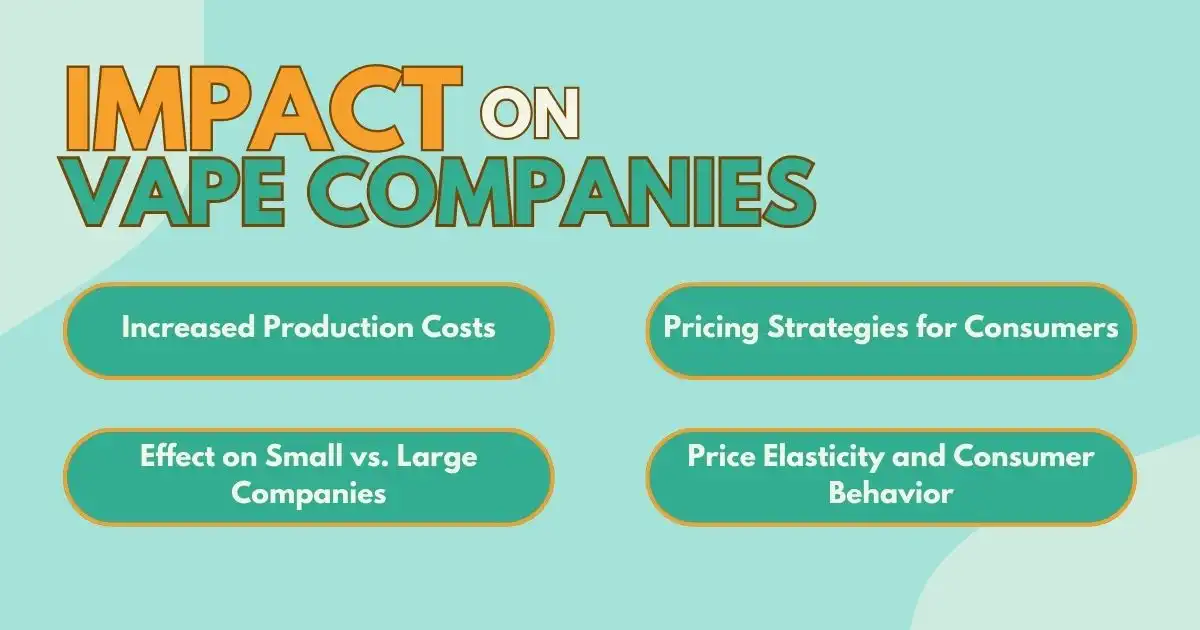
Increased Production Costs
Excise taxes can raise raw material costs, particularly for nicotine, flavorings, and packaging, forcing companies to adjust their sourcing strategies to manage expenses.
Pricing Strategies for Consumers
To maintain profitability, vape companies often raise prices but may also offer temporary discounts or promotions to attract customers and offset the impact of excise taxes on sales volume.
Effect on Small vs. Large Companies
Smaller vape businesses operate with thinner margins and struggle to absorb excise tax increases, while larger corporations can leverage their resources and economies of scale to manage these costs.
Price Elasticity and Consumer Behavior
Consumer responsiveness to price changes significantly impacts vape company strategies. Higher taxes may drive consumers to seek cheaper alternatives, including black-market products, disrupting the legal market.
Strategies for Managing Excise Taxes
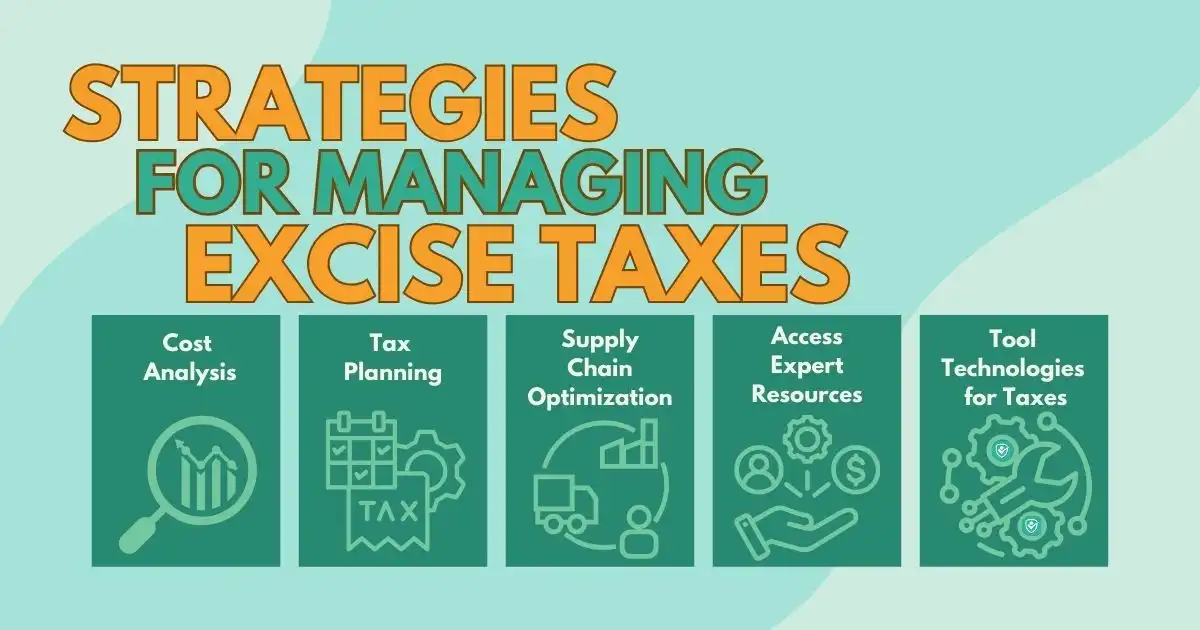
- Cost Analysis: Understand how excise taxes affect pricing and profitability to set competitive prices.
- Tax Planning: Stay updated on tax law changes to anticipate and adapt to new regulations.
- Supply Chain Optimization: Streamline production and distribution to minimize costs and offset tax impacts.
- Access to Expert Resources: Engage experts for guidance on complex compliance issues.
- Tools and Technologies for Tracking Taxes: Utilize tools specifically designed to calculate and manage excise tax liabilities. Leverage software that provides insights into sales data and tax liabilities for optimizing strategies.
Vape company owners are maximizing profits and saving time by outsourcing tasks like calculating excise taxes for each order, collecting them at checkout, and preparing reports in the right format for different regions. They turn to experienced experts who provide particular solutions for the vape industry.
Below is a key excise tax solution in the vape and e-cigarette market: Token of Trust.
Token of Trust provides a full compliance solution, covering excise tax calculation, ATF reporting, and identity and age verification—essential for regulated industries. With no annual commitment, flexible payment plans, and a quick 5-day onboarding process, it’s a fast and reliable choice for businesses seeking dependable compliance support.
Tax Solutions for the Vape Industry
VapeTaxes.com offers an easy-to-use solution made just for vape companies. Our service includes clear, state-specific reports customized to each area’s tax rules, smooth integration for handling excise taxes on online sales, and tools for identity and age checks to stay within legal requirements.
We also provide flexible payment options with no long-term contracts, letting you pick between monthly or yearly plans. Our quick, 5-day setup process gets you started fast. With these features, VapeTaxes.com helps vape businesses manage taxes more easily, save time, and increase profits.
To learn more about how you can both save time and maximize your profits, click here to speak with one of our experts today!
